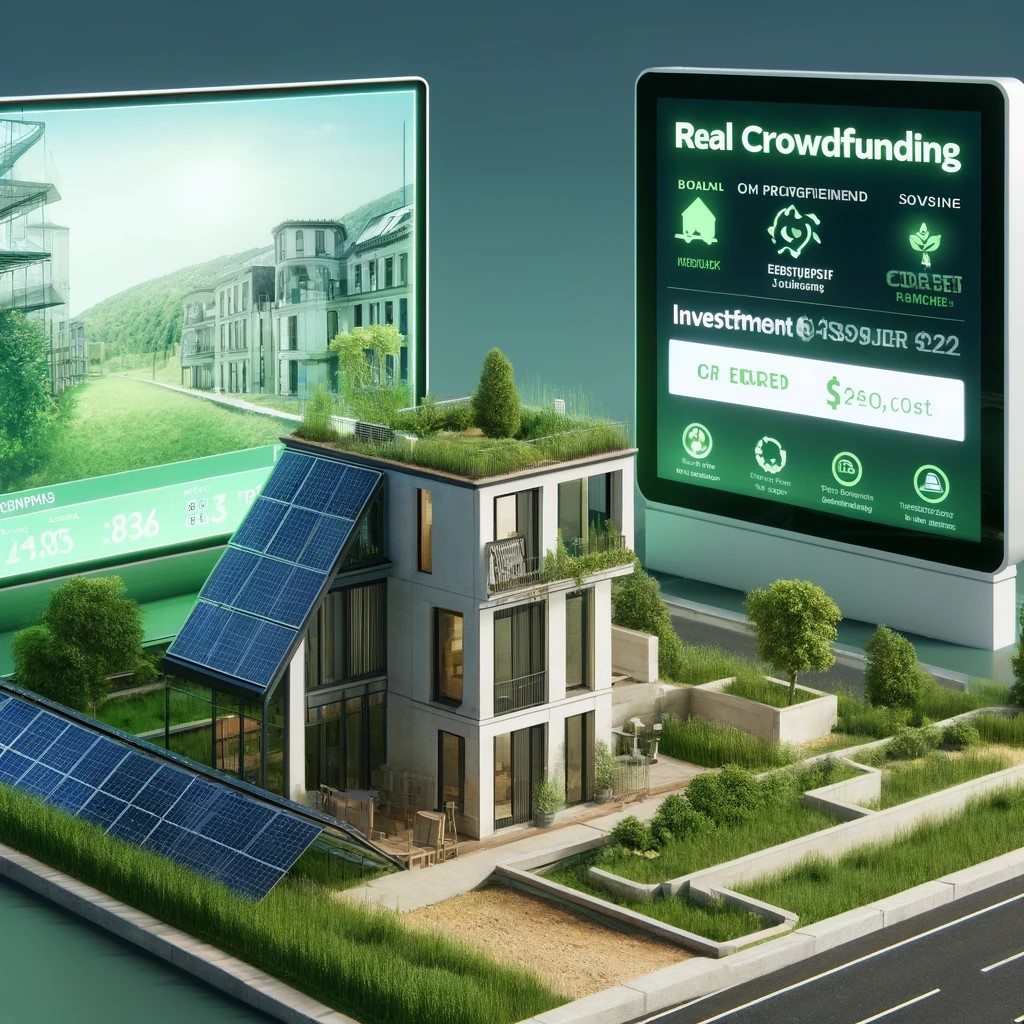In recent years, crowdfunding has revolutionized the real estate sector by democratizing access to property investments. Traditionally dominated by wealthy individuals and institutional investors, real estate is now increasingly accessible to the average investor through crowdfunding platforms. This article explores the current trends in real estate crowdfunding and predicts the future developments in this burgeoning field.

Current Trends in Real Estate Crowdfunding
Real estate crowdfunding allows individuals to invest in property ventures with relatively small amounts of capital. This model leverages the power of collective investment, enabling people to participate in projects that would be otherwise out of reach due to high entry costs. Currently, platforms like Fundrise, RealtyMogul, and Crowdstreet are leading the way, offering investments in everything from commercial developments to residential properties.
One significant trend is the growing emphasis on transparency and investor education. Crowdfunding platforms are increasingly providing detailed information about investment opportunities, including risk assessments, projected returns, and comprehensive market analysis. This transparency not only attracts a broader base of investors but also builds trust in the crowdfunding model.

The Impact of Technology
Technology plays a pivotal role in the growth of real estate crowdfunding. Advanced algorithms and big data analytics help platforms assess risks more accurately and manage portfolios more effectively. Moreover, blockchain technology is beginning to make inroads into this sector, offering benefits such as enhanced security, reduced costs, and faster transactions. These technological advancements are making real estate investments more accessible, efficient, and secure.
Regulatory Environment
The regulatory landscape for real estate crowdfunding is evolving. Initially, there were concerns about investor protection and the potential for fraud. However, regulations like the Jumpstart Our Business Startups (JOBS) Act in the United States have laid down a framework that balances investor protection with the ease of raising capital online. As regulators continue to refine these frameworks, it is expected that more investors will feel confident about entering the crowdfunding market.

Future Predictions for Real Estate Crowdfunding
Looking forward, real estate crowdfunding is poised for significant expansion. One area of potential growth is the internationalization of projects. Platforms are beginning to offer investment opportunities not just locally but also in international markets, providing investors with a diversified global portfolio that is less susceptible to local economic fluctuations.
Sustainability and green building projects are also expected to become increasingly popular in the crowdfunding space. As awareness of environmental issues grows, more investors are looking to put their money into eco-friendly and sustainable projects. Crowdfunding platforms that focus on green investments are likely to attract a significant amount of capital.
Conclusion
Crowdfunding is transforming real estate investment by making it more accessible, transparent, and diversified. As technology continues to advance and regulatory frameworks mature, the future of real estate crowdfunding looks bright. This investment model not only promises high returns but also offers the chance to be part of larger, potentially transformative real estate projects. For many, it represents a new frontier in the democratization of investing.





